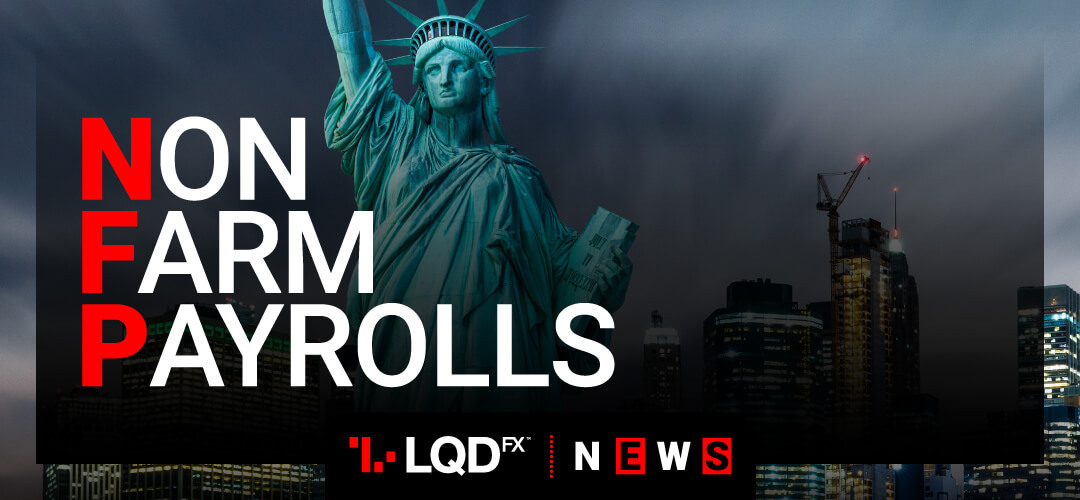Economists have estimated a record US job addition of 3 million in June, which would be the most since the government started keeping records in 1939.
But estimates vary widely amid concerns about whether the U.S. economy can sustain its recovery. Coronavirus infections surge and some states reimpose limits on business and personal activity.
The U.S. economy likely created jobs at a record clip in June as more restaurants and bars resumed operations. The record US job growth may further evidence that the COVID-19 recession was probably over. However, a surge in cases of the coronavirus threatens the fledgling recovery.
Several states have been scaling back or pausing reopening since late June and sent some workers home. The impact of these decisions will not show up in the employment data. The government surveyed businesses in the middle of the month.
Supporting sentiment in the meantime was news that a new COVID-19 vaccine had shown potential in early-stage human trials.
Federal Reserve Chair Jerome Powell this week acknowledged the rebound in activity. But he cautioned the outlook “is extraordinarily uncertain” and would depend on “our success in containing the virus.”
Further, U.S. manufacturing activity also rebounded more than expected in June. The Institute for Supply Management’s manufacturing activity index hit its highest in 14 months. Similar surveys from China, Germany and France all pointed to an improvement in factory activity.
START TRADINGForex – Record US job growth amid a spike in infections
US Job Data is expected to show non-farm payrolls figures increased by 3 million jobs last month before a long holiday weekend. U.S. markets are shut on Friday. Upbeat U.S. and European economic data sharpened risk appetite, with hopes for a COVID-19 vaccine breakthrough also helping sentiment.
Falling volatility also boosted sentiment, with a gauge of currency market volatility holding near a one-month low.
The U.S. dollar slipped to a one-week low. The dollar index is on track for its biggest weekly drop in a month, of 0.5%. However, it could swing in either direction depending on U.S. jobs data. Non-farm payrolls figures are expected to show a record US job growth increase of 3 million jobs last month.
The positive risk sentiment boosted other risk-oriented currencies such as the New Zealand dollar. The kiwi gained nearly 0.5% versus the greenback, and the euro, which advanced 0.1% to $1.1264.
The risk-sensitive Australian dollar was 0.3% stronger.
The dollar was largely unchanged against the Japanese yen at 107.45.
The euro was higher at $1.1293.
The mood also lifted sterling above $1.25 for the first time in a week. It last sat at $1.2482, having bounced almost 2% from a one-month low hit on Monday. This month is crucial for sterling as by the end, it should become clear whether Britain will walk away with a deal.
Against the euro, sterling was steady at 90.19 pence.
In commodity markets, oil prices climbed, and gold eased as encouraging macro data prompted investors to take on more risk.
Brent crude climbed 30 cents to $42.37 a barrel. U.S. crude rose 35 cents to $40.17 a barrel.
PLEASE NOTE The information above is not investment advice.
Sources: Reuters, Investing, CNN money
